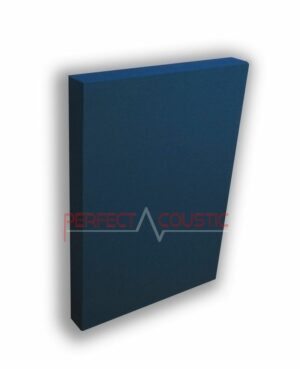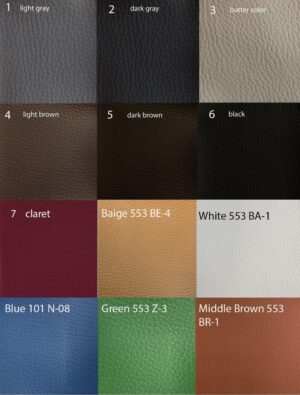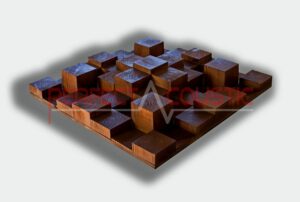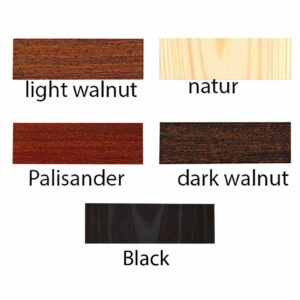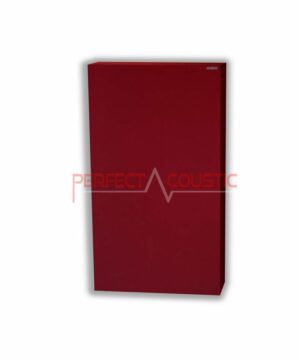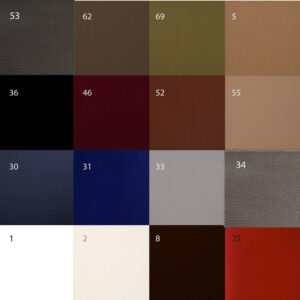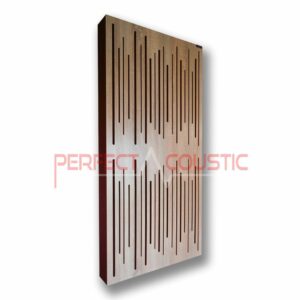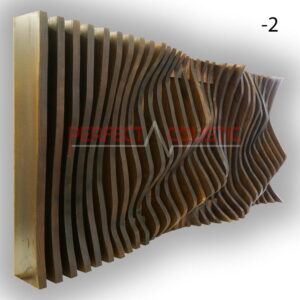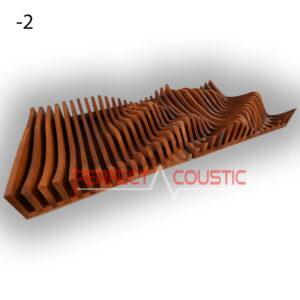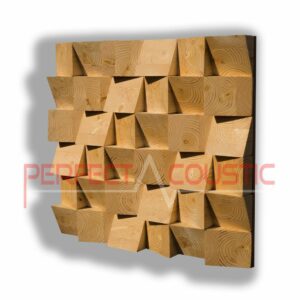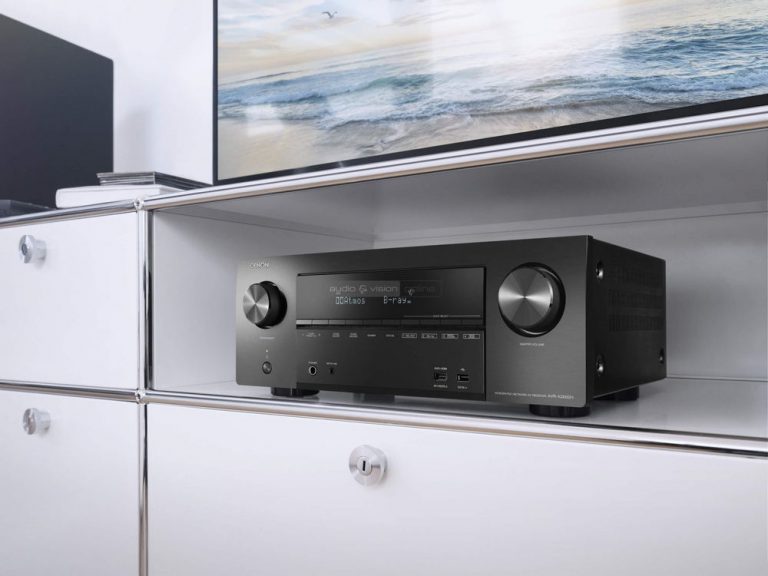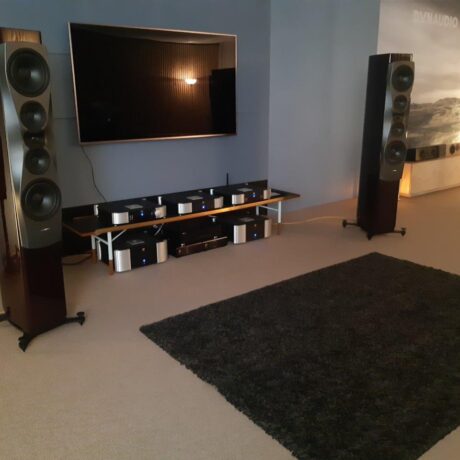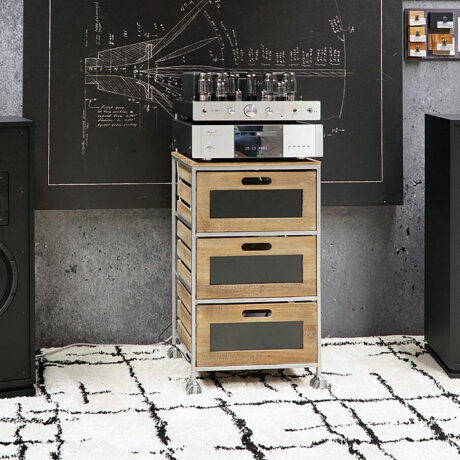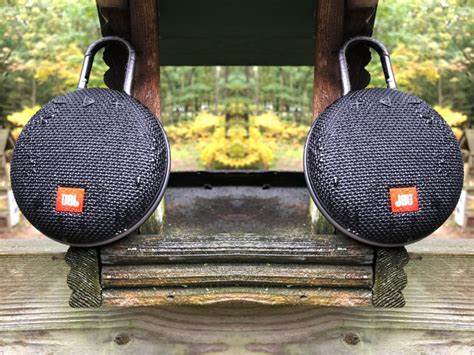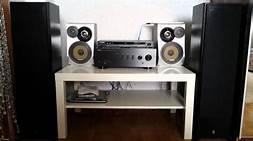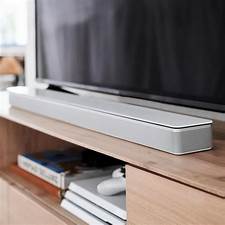Pioneer DM-40 Studio Monitor Review
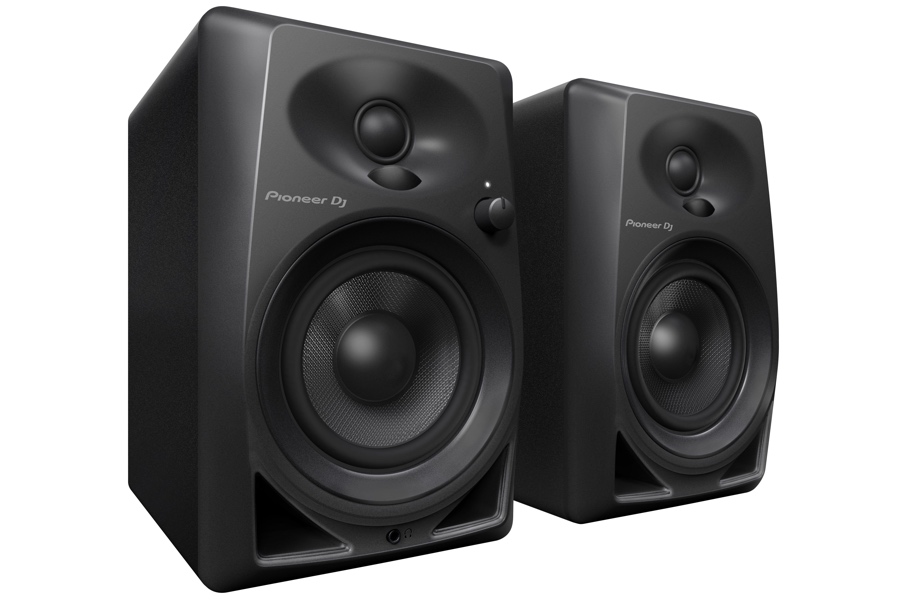
Pioneer Corporation, commonly referred to as Pioneer, is a Japanese multinational company headquartered in Tokyo, Japan, that specialises in producing digital entertainment products. The company was founded by Nozomu Matsumoto in 1938 in Tokyo as a radio and speaker repair workshop. Current CEO is Susumu Kotani.
Features
The compact DM-40 studio monitors are designed for quality music listening and mixing for DJs.
The front bass reflex speaker delivers rich and deep basses, capable of 3D stereo sound and has a wide stage picture, providing clear, lively sound even when used for mixing music or just listening to music.
The fiberglass, conical subwoofers deliver strong, percussive bass that retains its intensity and clarity even when the monitor is facing the wall. The “B” class amplifier guarantees balance at all frequencies. The low-frequency drive is complemented by a soft-dome, high-frequency tweeter. It handles mids and peaks, does a reasonable job thanks to the large convex diffuser. The frequency range is 70Hz to 30kHz. The impedance is 10 Ohms, maximum power is 42 Watts.
-
Bass acoustic wall panels with double leather membrane83 € – 260 € +Vat
-
3D acoustic diffuser 70x70x10cm122 € – 139 € +Vat
Smart design
The curved front edges of the monitors provide maximum rigidity and minimum resonance to reach a clear sound at any volume. The headphone output and volume control knob on the front panel offer flexible operation, the rear RCA and stereo 3.5mm mini jack inputs allow the connection and reception of a line-level signal.
Sound of Pioneer DM-40
We tested the Pioneer monitors in a small studio, where we had already performed an acoustic measurement, and based on the results, the acoustic treatment was also done. On the walls were printed sound-absorbing panels depicting instruments and parametric diffusers in a rather modern style. In a music studio, perfect musical piece of work can only be made if the acoustics of the place are properly treated with the right acoustic elements.
We did put the Pioneer monitor pair to the test with Jason Derulo’s latest song, Love Not War. The first thing that came to mind was the warm and pleasant lower ranges of the sound. Compared to a small monitor, we could hear a music that was rich and full. The mids and peaks were also clear and vibrant. No noisy sounds were detectable, the speakers stood strait controlling the situation. However, the main problem was that the frequencies were not properly balanced. If we are dealing with music mixing and recording, this is certainly not a negligible impediment. But if someone works as a DJ or is using the speakers to simply listening to music, these speakers are the right option. The full low ends on such a compact monitor make them an attractive choice for hobby DJs.
-
Bass sound dampening panels with wood membranes91 € – 268 € +Vat
-
Absorption panels with diffuser-Two in one62 € – 296 € +Vat
The DM-40 also offers high volumes. Great for connecting a DJ controller to practice at home. They are not loud enough for a party, but we do not use studio monitors for loud parties or events anyway. The sound of these speakers is not loud enough to fill an entire room evenly. Even at higher volumes, distortion was very marginal. If you want a cheap studio monitor kit that has decent sound, the DM40 is an ideal choice.
The production quality of the Pioneer DM-40 is adequate. The housing is solid and well built. The 4.9 kg that it weights seems enough to keep it stable. The included cables are also of good quality and quite long.
The sound is full, realistic, extensive, so the speaker looks bigger than it actually is. However, the treble sounds sometimes are exaggerated in the background.
Connection options
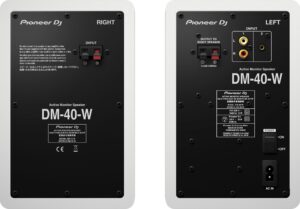
The Pioneer DM-40 offers two unbalanced connectivity options, a standard RCA connection and a stereo mini-plug. The speaker also comes with an audio converter cable. The DM-40 also has a headphone jack on the front of the speaker.
Design
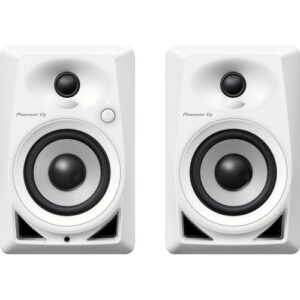
The DM-40 is sleek and attractive in a matte black colour. The high, convex diffuser around the tweeter gives it a nice look. The inward-facing sloping edges and the Pioneer logo enhance the nice design. The speakers are also available in white.
Sizes
One of the attractive features of the DM-40 is its compact size. Perfect for smaller studio spaces, it also offers a pleasant sound. These monitors are also light enough to be placed on shelves. Just keep in mind that you need enough space around them for air movement. Without heat dissipation, internal components can overheat and break.
-
Parametric Wall Art Panel (Diffuser)327 € – 426 € +Vat
-
Wood Acoustic Diffuser 60x60x6cm108 € – 140 € +Vat
Verdict
The Pioneer studio monitors offer excellent value for money. They produce superior sound quality that makes them the leaders in the category of best entry-level monitors available for hobby DJs. Although these speakers are quite compact, they are neither small nor particularly light due to the strong materials they are made of. This usually means better sound quality because the cabinet stays still, resonance is not a problem when the speaker cones move to produce sound. The speakers also have a front design, meaning there is a slot at the front of each that allows air to flow in and out of the unit to produce fuller basses. They are indeed a great choice for any novice DJ. We recommend using the Pioneer-DDJ 1000 controller with it.
G.H.
Written by Róbert Polgár

